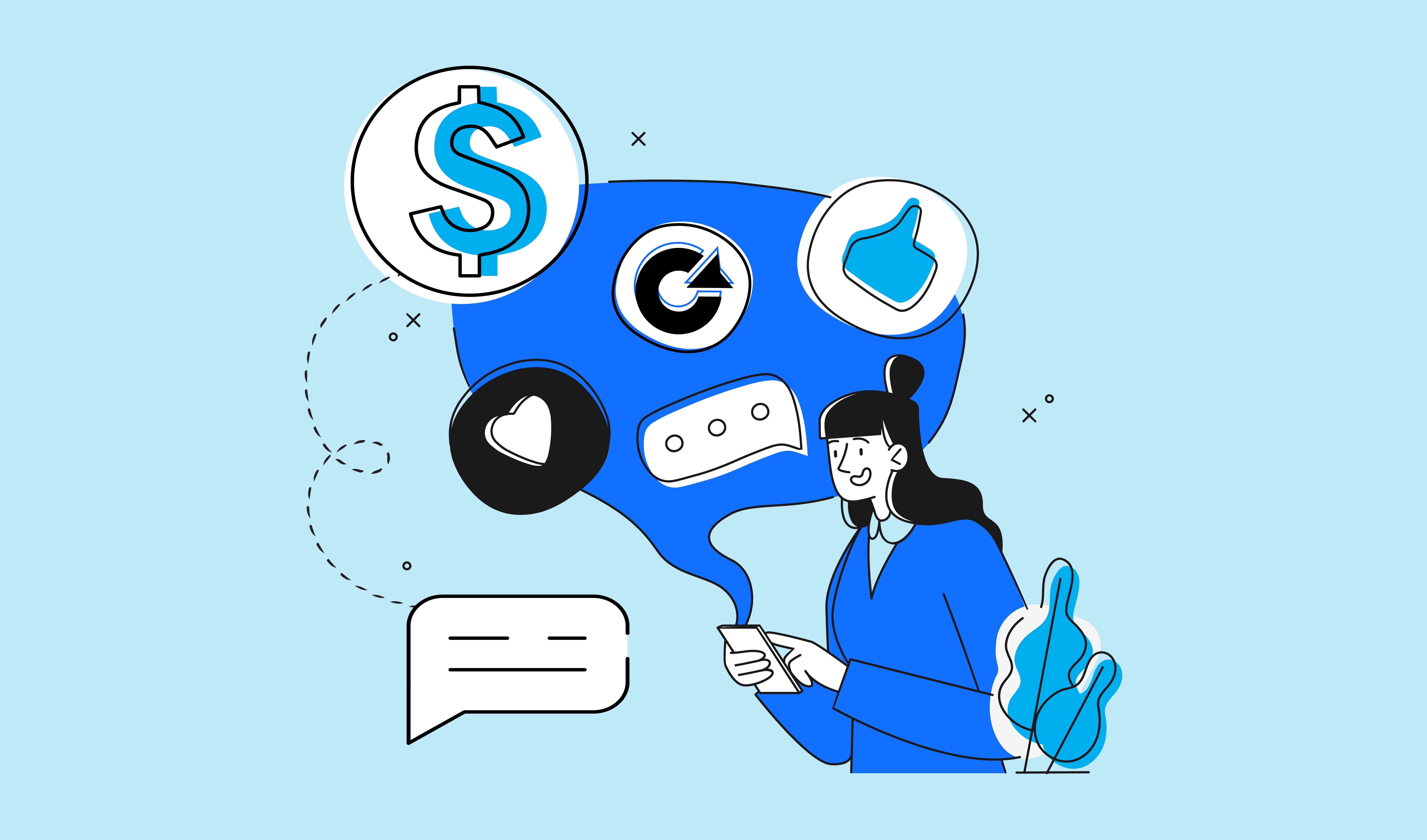To discount or not to discount? When you mismanage promotions or run discounts too frequently, you...

Savvy customers are always on the lookout for a deal, and many businesses offer thrilling discounts to attract new buyers. But the short-term gains don’t translate into long-term success—discounting can do real harm to your shop if wielded incorrectly. Here’s why it’s a losing strategy and how you can get out of the discount spiral.
You Can’t Win the Race to the Bottom
If you’re fighting for the customer who buys on discounts alone, you’ll always lose to the volume-driven giants like Amazon. It’s like their founder, Jeff Bezos, famously said: “Your margin is my opportunity.” And Amazon can sustain those razor-thin product margins and take a few losses because they’re making $837,000 per minute. Maybe Amazon isn’t your direct competitor, but if there’s someone in your sector who’s slinging similarly deep price cuts, be wary. Trying to keep up with the low, low prices offered by discount-driven retailers will eventually cost too much.
Thus, price can’t be your sole selling point against discount behemoths. A seasonal promotion or a sale to clear out old inventory can serve a purpose and might be necessary to refresh equipment. But your business isn’t offering discounts. Leave that with the companies who can afford to fight over small but voluminous margins.
Cutting Prices Destroys Loyalty
Entrepreneurs are driven by many different motivations when buying. Still, as any business owner knows, the loyalty-driven buyer is best — the most loyal 10% of customers spend three times as much as the other 90%. Why? It might be the quality of the product, sterling customer service, consistent troubleshooting, or a great rewards program. But it’s not discounting because discount-driven consumers hop around to whoever offers the lowest prices. Today it might be you, but tomorrow it will almost certainly be someone else.
Instead of losing money on discounts, put resources into customer retention efforts such as rewards points or trade-in specials. By cultivating a loyal and returning customer base, you’ll reap bigger sales and get out of the vicious cycle of acquiring new business through discounting.
Discounts Emphasize Price Instead of Value
Undeniably, customers shop around for good prices. But it’s just one of many factors that drive online shoppers to make purchases; they also rely heavily on customer service, familiarity, try-before-you-buy programs, word-of-mouth recommendations, and reviews from other customers. More than that, because you’re selling to another business, you’re not just offering customer satisfaction; your customer is purchasing the power to build their entrepreneurial dreams and reap their own profits. All these qualities add up to value, which your customer can’t find just anywhere.
But there’s a fine balance between price and value; price your products too low with discounting, and your customer begins to suspect that the value is lower, too. That’s why luxury brands such as Hermès and Ferrari rarely, if ever, offer discounts—if they did, the allure of a product so good it doesn’t need discounts would be diminished. Equipment pricing should settle on a fair price that’s within reach for customers without sacrificing the appearance of value.
Ditching discounts doesn’t mean you can’t make the price of your products more palatable to your customer. Help them stretch monthly payments over a longer term with Clicklease. Your customer walks away with money in their pocket, and you get the full price for your equipment. Learn more about how Clicklease works and how we can help you step off the discounting hamster wheel.
Popular Posts
The content linked to clicklease.com has been compiled from a variety of sources and should not be considered the official position of Clicklease, its Employees or Officers. Data and opinions included are provided for convenience, may contain errors or omissions, and consequently should not be relied upon for making business or investment decisions. Clicklease encourages its site visitors to use the information provided at their own risk, and recommends visitors do their own direct research.
Related Articles
Running promotions is a tried-and-true way to boost sales and move more product in the short term,...
When the Institute for Supply Management (ISM) forecasted that manufacturing revenue would drop an...








